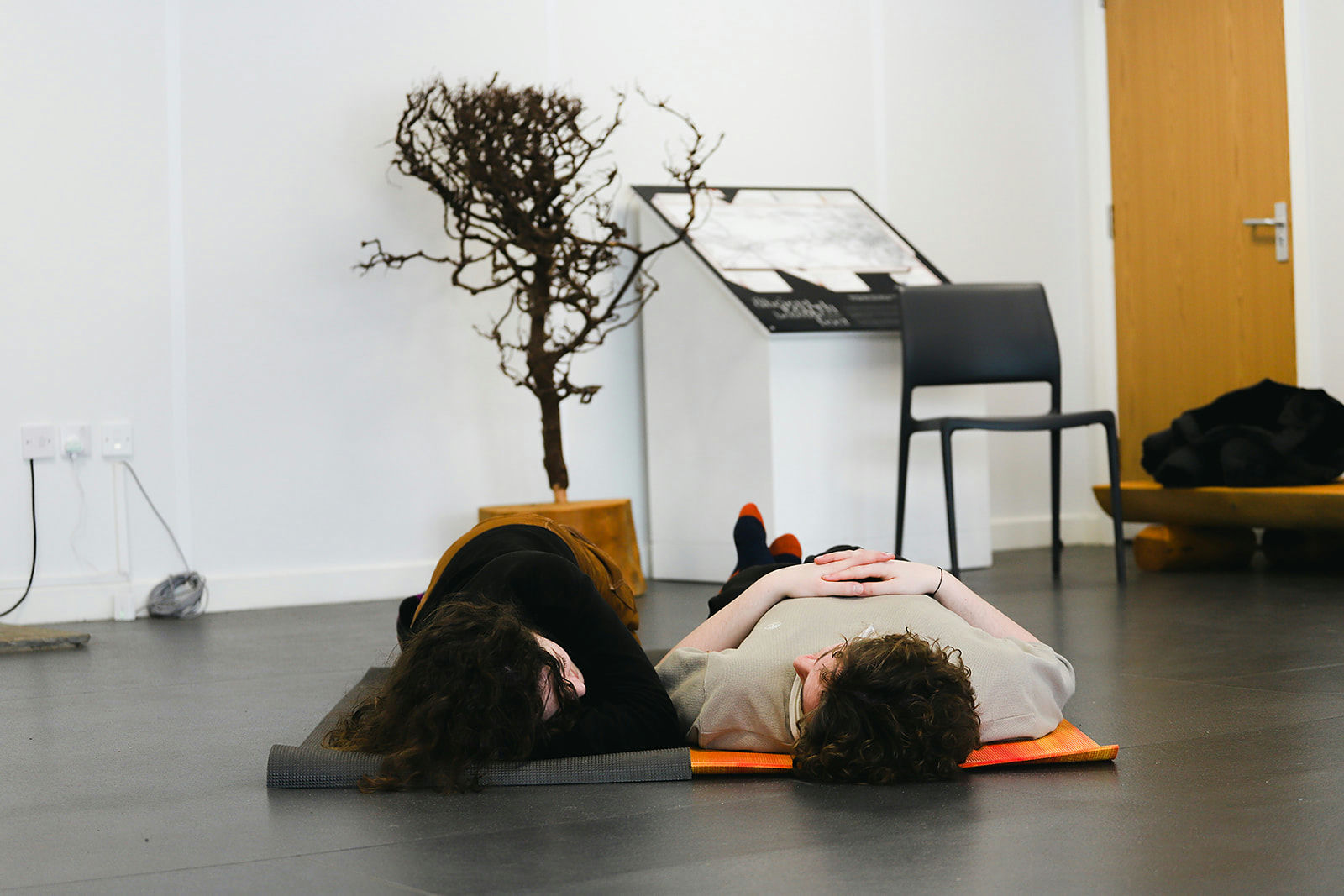If you’re a podcaster, voice-over artist, or public speaker, sounding expressive is essential to keeping your audience engaged. A varied, authentic voice can elevate your podcast or recording and help you connect with listeners. But many people make these common mistakes when warming up their voice, which can impact their performance. In this post, I’ll highlight five common vocal warm-up mistakes and how you can fix them to sound your best on your podcast or voice-over recordings.
1. Making your voice warm-up too long
Give yourself a wee break and shorten your warm up! Many podcasters and voice-over artists think that the longer they warm up, the better their voice will sound. But overdoing it can lead to vocal fatigue, making your voice sound tired during recording. Keep your warm-up sessions short and focused, around 10 to 15 minutes. This ensures your voice is ready without overexerting your vocal muscles before a podcast recording or voice-over session.
2. Starting with Tongue Twisters
Sure, they’re great craic and tongue twisters can be a great tool for improving clarity and articulation. However, they shouldn’t be the first exercise you use. Your vocal cords need a gentle start. Begin with breathing exercises or light humming, then move on to tongue twisters to fine-tune your articulation once your voice is warmed up. This helps avoid vocal strain while ensuring you sound crisp and clear in your podcast or voice-over.
3. Not planning your warm-up in advance
Don’t just wing it. A structured vocal warm-up routine is essential for professional voice use. Without a plan, your warm-up can be ineffective. To ensure you’re getting the best results, plan your routine to target different aspects of your voice—breathing, resonance, and articulation. This will help you maintain vocal health while sounding polished and professional on your podcast or voice recordings.
4. Ignoring Your Posture and Body Tension
Your voice is not just about your vocal cords—it’s a whole-body experience. Poor posture or tension in your neck, shoulders, and jaw can negatively affect your voice quality during recording. Before you start your podcast or voice-over, include full-body stretches and relaxation techniques to ensure your body is aligned and relaxed. This helps you produce a more powerful, confident voice and reduces strain during long recording sessions.
5. Making Warm-Ups Tiring
If your vocal warm-up feels uncomfortable or drains your energy, it’s not working. Warming up your voice should make you feel energised and ready to deliver a strong performance. If your warm-up leaves you feeling tired or strained, you might be doing too much or the wrong exercises. A proper vocal warm-up helps you sound natural, clear, and confident—whether you’re recording a podcast, voice-over, or giving a presentation.
For podcasters and voice-over artists, having a great vocal warm-up routine is key to sounding expressive, engaging the listener and maintaining long-term vocal health. By keeping warm-ups short, fun & effective, you’ll ensure you sound your best every time you step up to the microphone. Simple!
If you want to improve how you sound on your podcast or in your voice-over work by tweaking your warm-up, check out my book On The Mic.




